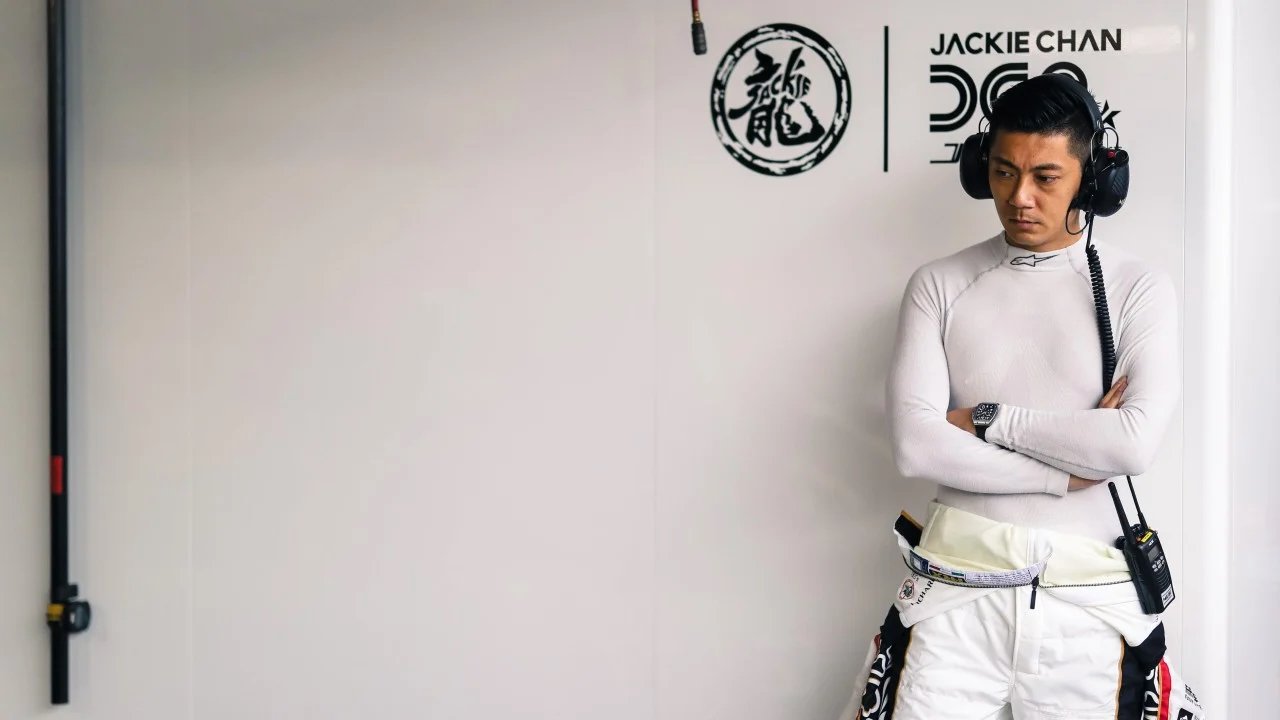When racing driver Tung Ho-pin won 24 Hours of Le Mans, every thousandth of a second mattered
Dutch-Chinese racing driver Tung Ho-pin has competed for Jackie Chan DC Racing in the FIA World Endurance Championship since 2017, winning the prestigious 24 Hours of Le Mans the same year, and finishing second in 2019
Tung Ho-pin has competed for Jackie Chan DC Racing since FIA World Endurance Championship since 2017. Photos: Handouts
Dutch-Chinese racing driver Tung Ho-pin distinctly remembers a time when a few thousandths of a second cost him a race win.
“For spectators and teams, we see timing up to three decimals – so up to a thousandth of a second,” says Tung – who was the first Chinese driver to compete in the F1 GP2 Series, Indy500 and IndyCar championships.
“But in our sport, one or a few thousandths of a second can really make a lot of difference between winning or losing. The smallest difference where I’ve ever lost a race was seven-thousandths of a second. You can barely see it with your eyes.”
Since winning his first Dutch go-karting championship in 1999, Tung has progressed through various driving classes – including the German Formula Three championships, leading Team China at the short-lived A1 Grand Prix series, racing for Renault in the Formula One GP2 Series and competing in North America’s IndyCar Series – before lately emerging as an endurance star, winning the prestigious 24 Hours of Le Mans in 2017. His most recent victories include the FIA World Endurance Championship Super Season where he was the winner of the six hours of Spa-Francorchamps, the six hours of Silverstone and the six hours of Shanghai, all in 2018, while placing second in the 2019 24 Hours of Le Mans race.
Tung Ho-pin on the track
When all the factors come together to create a victory, you are already looking forward to the next race, he says. “There is a saying in motorsport that you are only as good as your last race. Even if you have won many races in the past, you always have to reflect on yourself and your last race and start working on the next one.”
But that is not a simple task. “Racing is one of the few sports in the world where unfortunately practise is not really possible due to regulations.” Tung says he and his team turn to simulators instead. “To give you an example, for the 24 Hours of Le Mans race – before the qualifying starts – there were years when I had only done four or five laps [to test out the circuit], so it gives you an idea of how well you need to be prepared before you go onto the track for a specific race.”
Endurance racing is a different animal from Formula One racing, Tung says. “The team has three drivers who alternate; there are no fixed times when each driver has to be in the car. But we only do a driver change at a pit stop when we change tyres. The whole thing, from getting out of the car fully harnessed to the other driver taking your seat, is anywhere between 15 and 16 seconds.
“The 24 Hours of Le Mans race is one of those races that everyone in the sport wants to win at least once in their career,” Tung explains. “I’m fortunate to be part of the race and clocking some really good times with the team.
“Don’t forget, racing is a true team sport. Of course, people only see the driver in the car, crossing the finish line, winning or losing.
“But in the end, you are part of a team. You should always make sure that you are one of the strongest links to lead it to the ultimate performance.”
Original article published on South China Morning Post (Dec 22, 2019)

